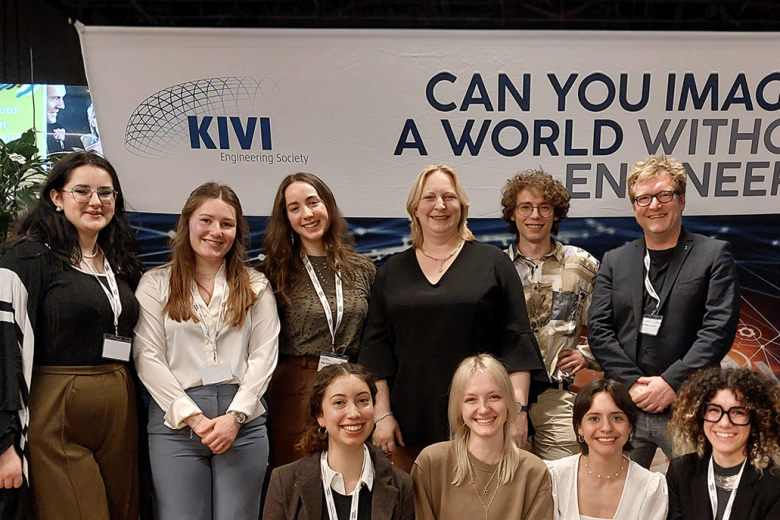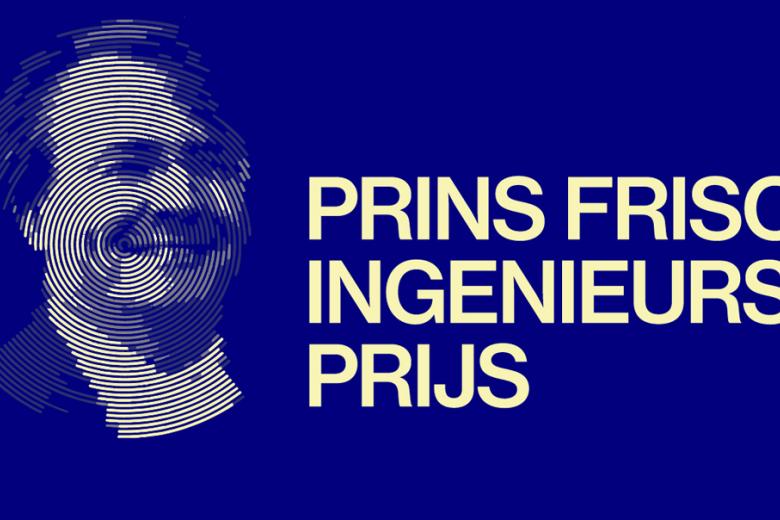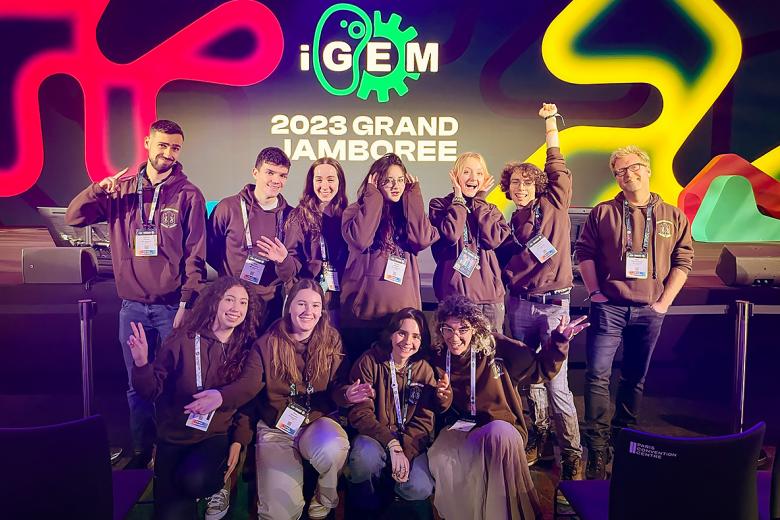Data Science and Knowledge Engineering bachelor's programme changes name
As of 1 September 2020, the bachelor's programme in Data Science and Knowledge Engineering is named Data Science and Artificial Intelligence. The curriculum remains unchanged.
The new name, Data Science and Artificial Intelligence, is a better fit for the bachelor’s programme, which teaches students how to extract useful knowledge from large amounts of data. It’s the second name change in the history of this programme. Over the course of nearly 30 years, a lot has changed in this dynamic field of study.
Evolution since 1992: Knowledge Engineering
While term 'data science' only really became popular around 10 years ago, the type of work existed long before that. In 1992, Data Science and Artificial Intelligence started out as the bachelor’s programme in Knowledge Engineering: a term that has been in use for much longer.
Knowledge engineering deals with the integration of knowledge into computer systems, so they can solve complex problems which normally require human expertise. An early example is a 1970s software which posed a series of yes/no questions to doctors, to help identify what sort of antibiotics they had to give to their patients. Exactly: it's a form of data science!
The Department of Data Science and Knowledge Engineering, which teaches the programme, will retain its name.
2016-2020: Data Science and Knowledge Engineering
As the field and its naming conventions changed, so did the name of the programme. In 2016, the bachelor’s programme was re-named Data Science and Knowledge Engineering. By then, Artificial Intelligence had long been one of the core topics of the curriculum. With the amount of data growing ever larger, data science increasingly relies on Artificial Intelligence to comb through the data for us.
2020: Data Science and Artificial Intelligence
The new name better reflects the programme’s curriculum. This was reinforced during the programme’s re-accreditation: in addition to a very positive programme re-evaluation by the NVAO (the Accreditation Organisation of the Netherlands and Flanders), the accreditation committee voiced its support for the new name.
Read more:
The Data Science and Artificial Intelligence programme has three core topics: Artificial Intelligence, Computer Science and Applied Mathematics.
Also read
-
Prince Friso Engineering Award: UM wins both public prizes
Kim Ragaert and SublimeStone students won the public's awards given out during the Engineer of the Year contest. This triumph as well as the nomination of both, by the Royal Netherlands Society of Engineers, demonstrates that Maastricht University, particularly its only five-year-old Faculty of Science...
-
Champions of change: Vote Maastricht engineers to the top
The Royal Netherlands Society of Engineers has nominated engineer Kim Ragaert and student team SublimeStone for the award of best Dutch engineer and best Dutch student team in 2024. Both are among the last three finalists in their respective categories. Do you want the best engineers to win? Now is the...
-
Maastricht University science students win gold at the international iGEM competition
How do you fix a crack in limestone, such as mergel? Well, simply ask some bacteria to do it for you. In short, this is the goal 11 students from Maastricht University set themselves to do. They succeeded and ended up in the TOP10 best undergraduate projects competing in the iGEM competition. For three...